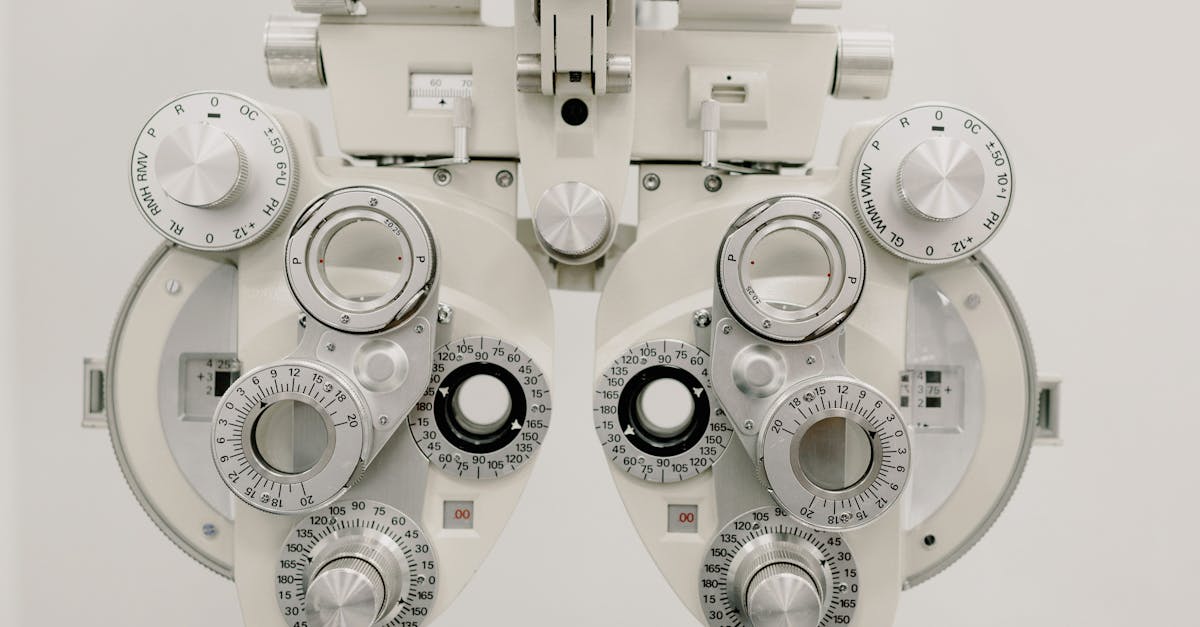Introduction
Sperm quality refers to the health and viability of sperm cells. It is an important factor in male fertility and can impact a couple's ability to conceive. Good sperm quality is characterized by factors such as sperm count, motility, and morphology.
The importance of good sperm quality cannot be overstated. Poor sperm quality can lead to infertility, which affects approximately 15% of couples trying to conceive. In addition, it can also increase the risk of miscarriage and birth defects.
There are several factors that can affect sperm quality, including lifestyle, environmental, medical, and psychological factors. Lifestyle factors such as smoking and alcohol consumption can have a negative impact on sperm quality. A balanced and healthy diet, regular exercise, and avoiding high temperatures on the testicles can help improve sperm quality.
Environmental factors such as exposure to chemicals and toxins, as well as radiation exposure, can also affect sperm quality. It is important to take steps to minimize exposure to these factors whenever possible.
Medical conditions and medications can also impact sperm quality. It is important to seek medical advice and undergo regular check-ups to ensure that any underlying medical issues are addressed.
Finally, psychological factors such as stress and anxiety can also affect sperm quality. Maintaining good mental health and seeking counseling or therapy when necessary can help improve sperm quality.
In conclusion, there are several factors that can affect sperm quality. It is important to take steps to improve sperm quality in order to increase the chances of conception and reduce the risk of infertility and other complications. By addressing lifestyle, environmental, medical, and psychological factors, men can take control of their reproductive health and improve their chances of starting a family.
Table of Content
Lifestyle Factors
Lifestyle factors play a crucial role in determining the quality of sperm. Smoking, for instance, has been shown to have a negative impact on sperm count, motility, and morphology. Studies have also linked alcohol consumption to reduced sperm quality, including decreased sperm count and motility.
On the other hand, a balanced and healthy diet can help improve sperm quality. A diet rich in antioxidants, such as fruits and vegetables, has been shown to improve sperm count and motility. Exercise is also important for maintaining good sperm quality. Regular physical activity can help improve blood flow to the testicles, which is essential for healthy sperm production.
It is important to note that lifestyle factors can have both short-term and long-term effects on sperm quality. For example, the effects of smoking and alcohol consumption on sperm quality can be reversible if the individual quits smoking or reduces alcohol intake. However, exposure to environmental toxins and chemicals can have long-term effects on sperm quality.
Therefore, it is important for men to adopt healthy lifestyle habits to improve their sperm quality. This includes quitting smoking, reducing alcohol consumption, maintaining a healthy diet, and engaging in regular physical activity. By taking these steps, men can improve their chances of fathering a healthy child and reduce the risk of infertility.

Environmental Factors
Environmental factors can have a significant impact on sperm quality. Exposure to chemicals and toxins, such as pesticides and lead, can lead to decreased sperm count and motility. It is important to avoid exposure to these substances as much as possible, especially for those who work in industries where they may be exposed regularly.
Another environmental factor that can affect sperm quality is high temperatures on the testicles. This can occur from wearing tight clothing or spending prolonged periods in hot environments, such as saunas or hot tubs. It is recommended to avoid these situations or take breaks to cool down if necessary.
Radiation exposure is also a concern for sperm quality. This can come from medical treatments, such as radiation therapy for cancer, or from exposure to environmental sources, such as nuclear accidents. It is important to discuss any potential radiation exposure with a healthcare provider and take necessary precautions to protect sperm quality.
Overall, environmental factors can have a significant impact on sperm quality. It is important to be aware of potential exposures and take steps to minimize them. By doing so, individuals can improve their chances of achieving a healthy pregnancy and having a healthy child.

Medical Factors
Medical Factors
Medical conditions can have a significant impact on sperm quality. Some medical conditions that can affect sperm quality include diabetes, infections, and hormonal imbalances. Diabetes can cause damage to blood vessels and nerves, which can lead to erectile dysfunction and reduced sperm quality. Infections such as sexually transmitted infections can also affect sperm quality by causing inflammation and damage to the reproductive system. Hormonal imbalances, such as low testosterone levels, can also impact sperm production and quality.
In addition to medical conditions, certain medications can also impact sperm quality. Chemotherapy drugs, for example, can damage sperm-producing cells and reduce sperm count. Other medications, such as antidepressants and blood pressure medications, can also affect sperm production and quality.
It is important for men to regularly check in with their healthcare provider and seek medical advice if they are experiencing any medical conditions or taking medications that may impact their sperm quality. Treatment and management of these conditions can help improve sperm quality and overall reproductive health.
In conclusion, medical factors can play a significant role in sperm quality. It is important for men to be aware of any medical conditions they may have and to seek medical advice if they are taking medications that may impact their reproductive health. By addressing these medical factors, men can take steps to improve their sperm quality and overall reproductive health.

Psychological Factors
Psychological factors can have a significant impact on sperm quality. Stress and anxiety, for example, can lead to hormonal imbalances that can affect sperm production and quality. Studies have shown that men who experience high levels of stress have lower sperm counts and reduced sperm motility.
It is important for men to maintain good mental health in order to improve their chances of producing healthy sperm. This can involve practicing stress-reducing techniques such as meditation, yoga, or deep breathing exercises. It may also involve seeking counseling or therapy to address underlying psychological issues that may be contributing to stress and anxiety.
In addition to stress and anxiety, depression can also have a negative impact on sperm quality. Men who suffer from depression may experience reduced libido and erectile dysfunction, which can affect their ability to conceive. It is important for men to seek treatment for depression in order to improve their overall mental health and increase their chances of producing healthy sperm.
Overall, psychological factors play an important role in sperm quality. By taking steps to reduce stress and anxiety, seeking treatment for depression, and maintaining good mental health, men can improve their chances of producing healthy sperm and increasing their chances of conception.

Conclusion
In conclusion, the quality of sperm is crucial for male fertility and overall reproductive health. The factors affecting sperm quality are numerous and can be categorized into lifestyle, environmental, medical, and psychological factors. Smoking, alcohol consumption, exposure to chemicals and toxins, high temperatures on testicles, radiation exposure, medical conditions, and medications can all impact sperm quality. Additionally, stress and anxiety can also have a negative effect on sperm quality.
It is important for men to take steps to improve their sperm quality, such as maintaining a healthy lifestyle, avoiding exposure to harmful substances, seeking medical advice and treatment for any underlying medical conditions, and taking care of their mental health. Regular check-ups and counseling or therapy can also be beneficial in improving sperm quality.
In summary, by being aware of the factors that can affect sperm quality and taking proactive steps to improve it, men can increase their chances of achieving and maintaining good reproductive health. It is important to prioritize sperm quality as a key component of overall health and well-being.




